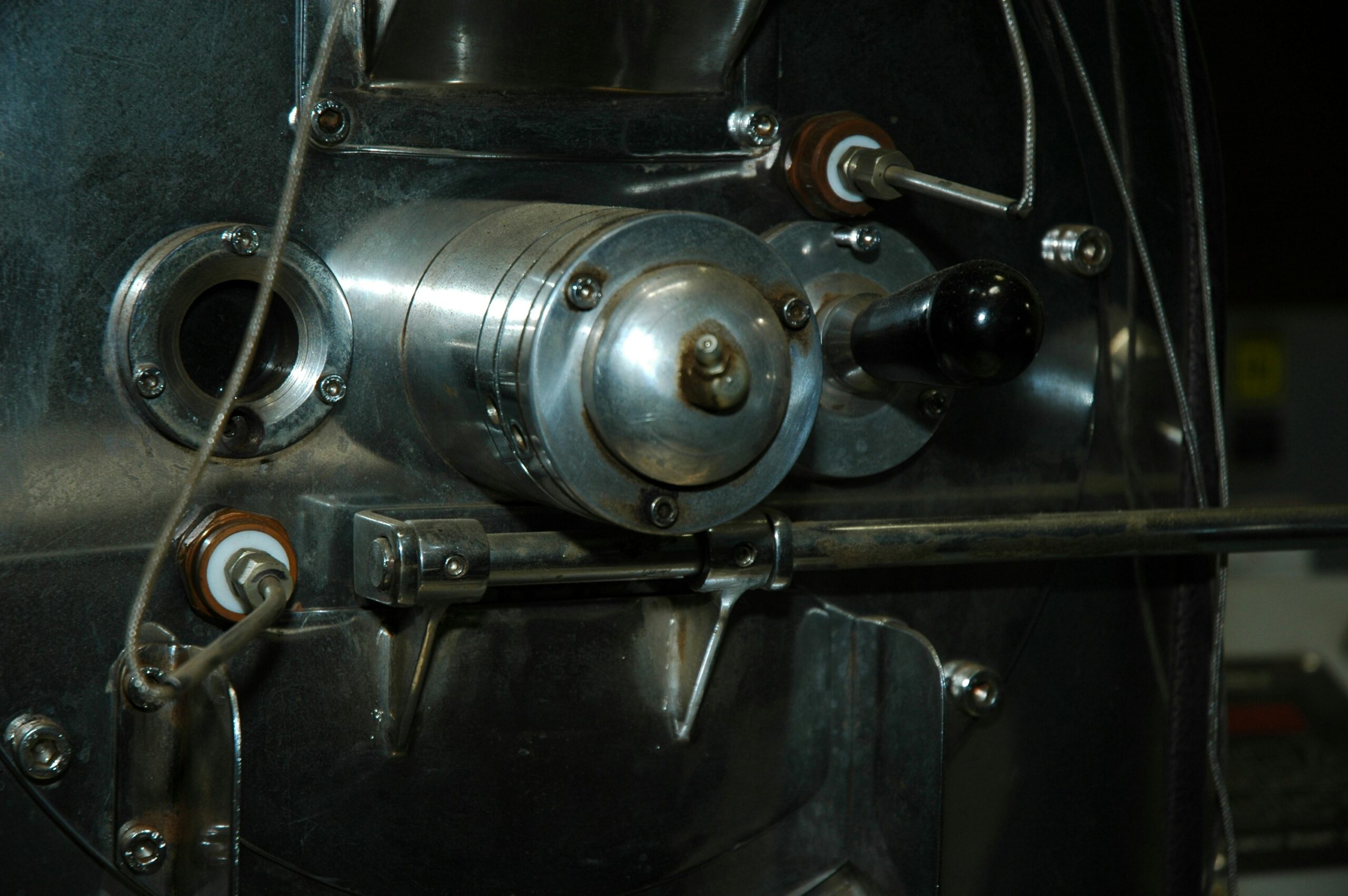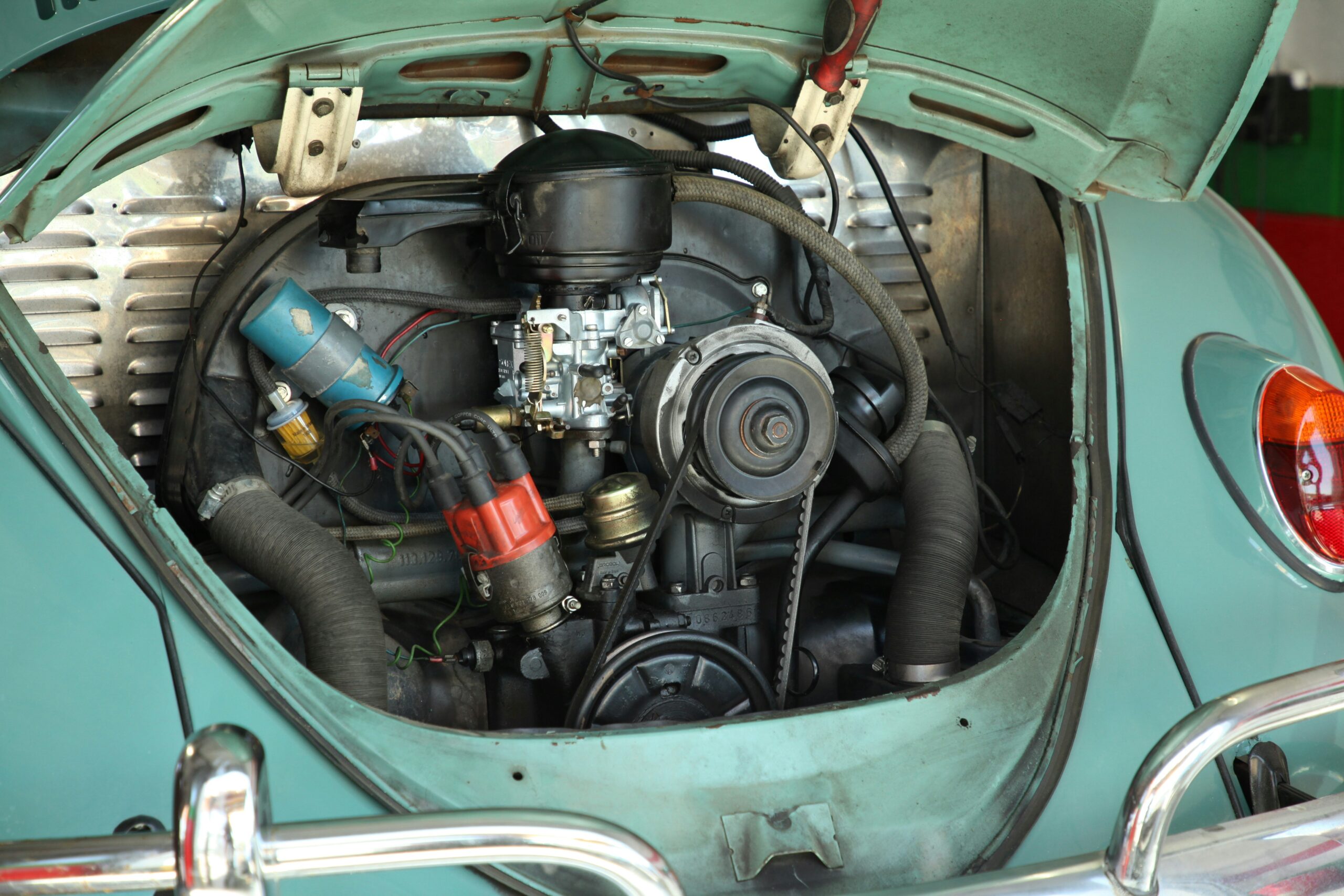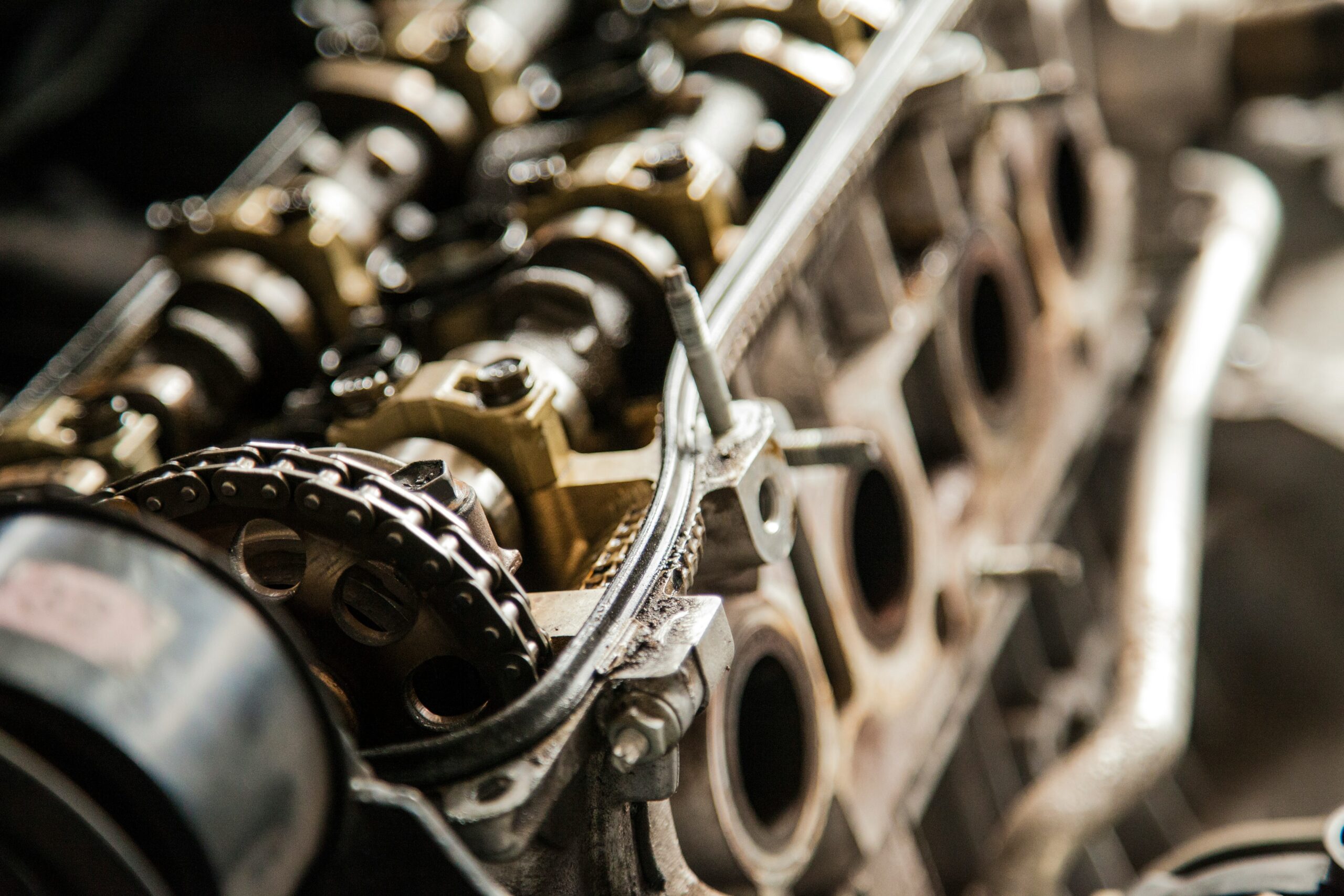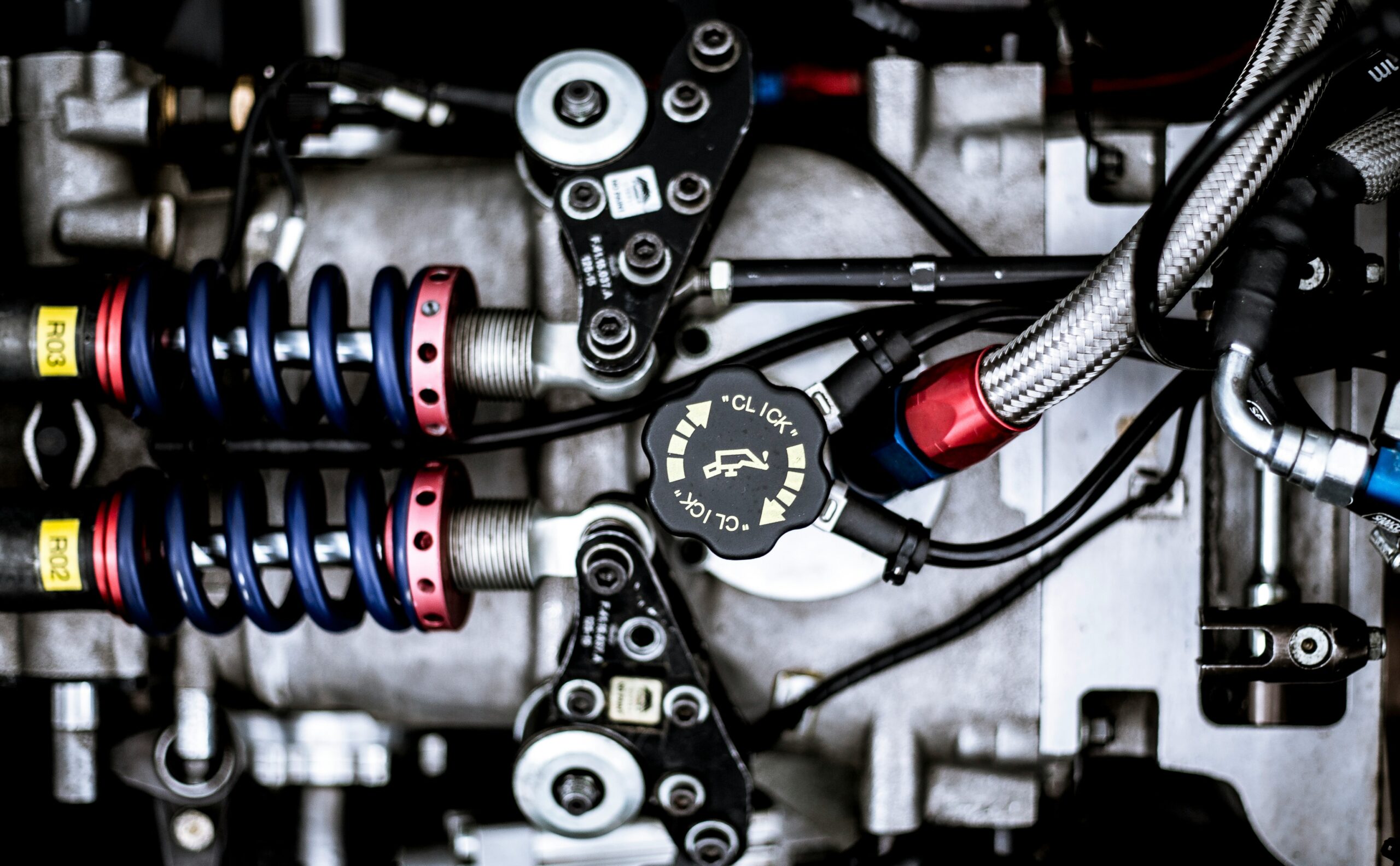- Your cart is empty
- Continue Shopping
Cylinder Head Gasket: The Unsung Hero of Your Engine

When it comes to car engines, most people think about pistons, cylinders, or spark plugs. One critical component keeps the engine running and that is the cylinder head gasket. Often overlooked, this part plays a key role in sealing the engine and maintaining performance.
What Is a Cylinder Head Gasket?
The cylinder head gasket is a thin but durable seal, usually made of steel, graphite, or composite materials. It sits between the engine block (where the cylinders and pistons are located) and the cylinder head (which contains valves and combustion chambers).
Its primary function is to create a tight seal so the engine can withstand the intense pressure and high temperatures generated during combustion.
Functions of the Cylinder Head Gasket
- Seals the Combustion Chamber
- Prevents gases from escaping during the combustion process.
- Ensures maximum power output and fuel efficiency.
- Prevents Coolant and Oil Leakage
- Stops engine oil and coolant from leaking into the cylinders.
- Keeps oil and coolant separate, avoiding contamination.
- Maintains Engine Pressure
- Helps the engine achieve proper compression, which is essential for power and efficiency.
Why Is the Head Gasket Important?
Without a good seal, your engine would lose compression, overheat, or even mix oil and coolant. This could cause severe engine damage, making the gasket one of the most essential parts for engine reliability.
Common Problems: The Blown Head Gasket
One of the most well-known engine issues is a blown head gasket. This happens when the gasket fails due to overheating, wear and tear, or poor maintenance.
Symptoms of a Blown Head Gasket:
- White smoke from the exhaust (coolant leaking into the cylinders).
- Overheating engine.
- Loss of coolant with no visible leaks.
- Milky oil (oil mixed with coolant).
- Loss of engine power.
A blown head gasket can be expensive to repair because it requires dismantling a large part of the engine.
Preventing Head Gasket Failure
- Regularly check coolant levels and ensure your cooling system works properly.
- Avoid overheating the engine.
- Perform regular oil changes.
- Use the correct coolant and oil recommended by the manufacturer.
The cylinder head gasket may be small, but it’s crucial to your engine’s health. Acting as the barrier between vital fluids and combustion gases, it ensures everything runs smoothly. Proper maintenance of your car’s cooling and lubrication systems is the best way to protect this unsung hero of the engine.




